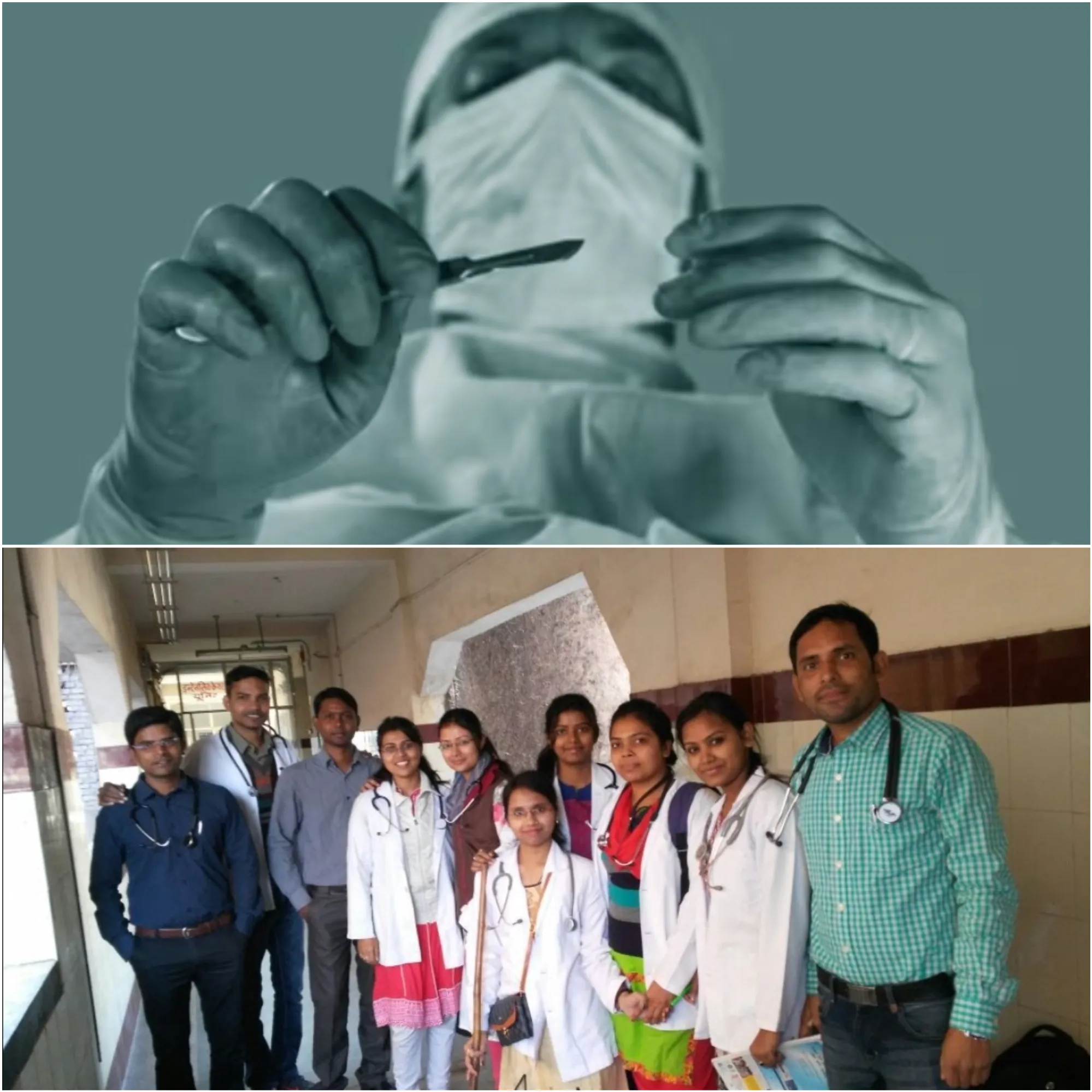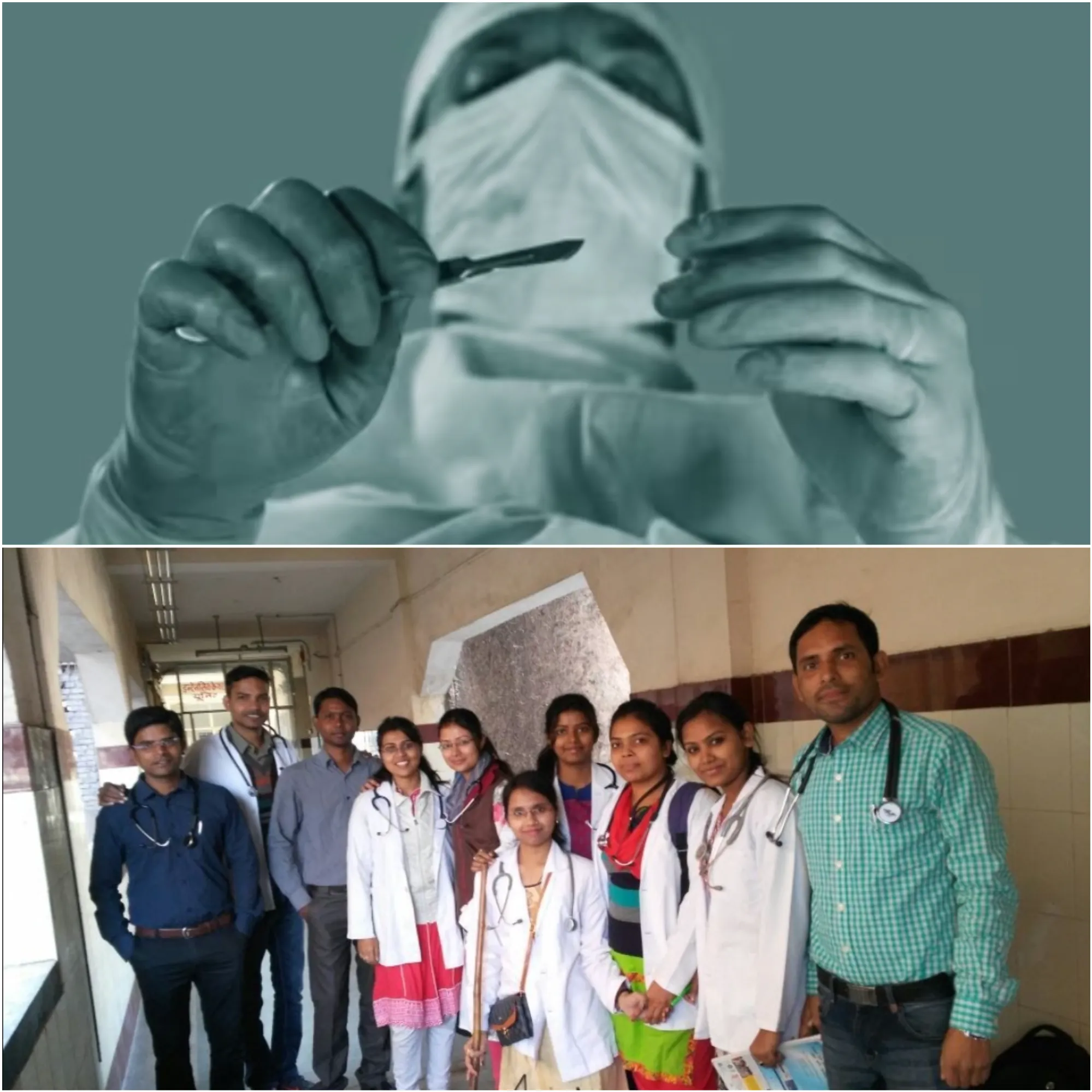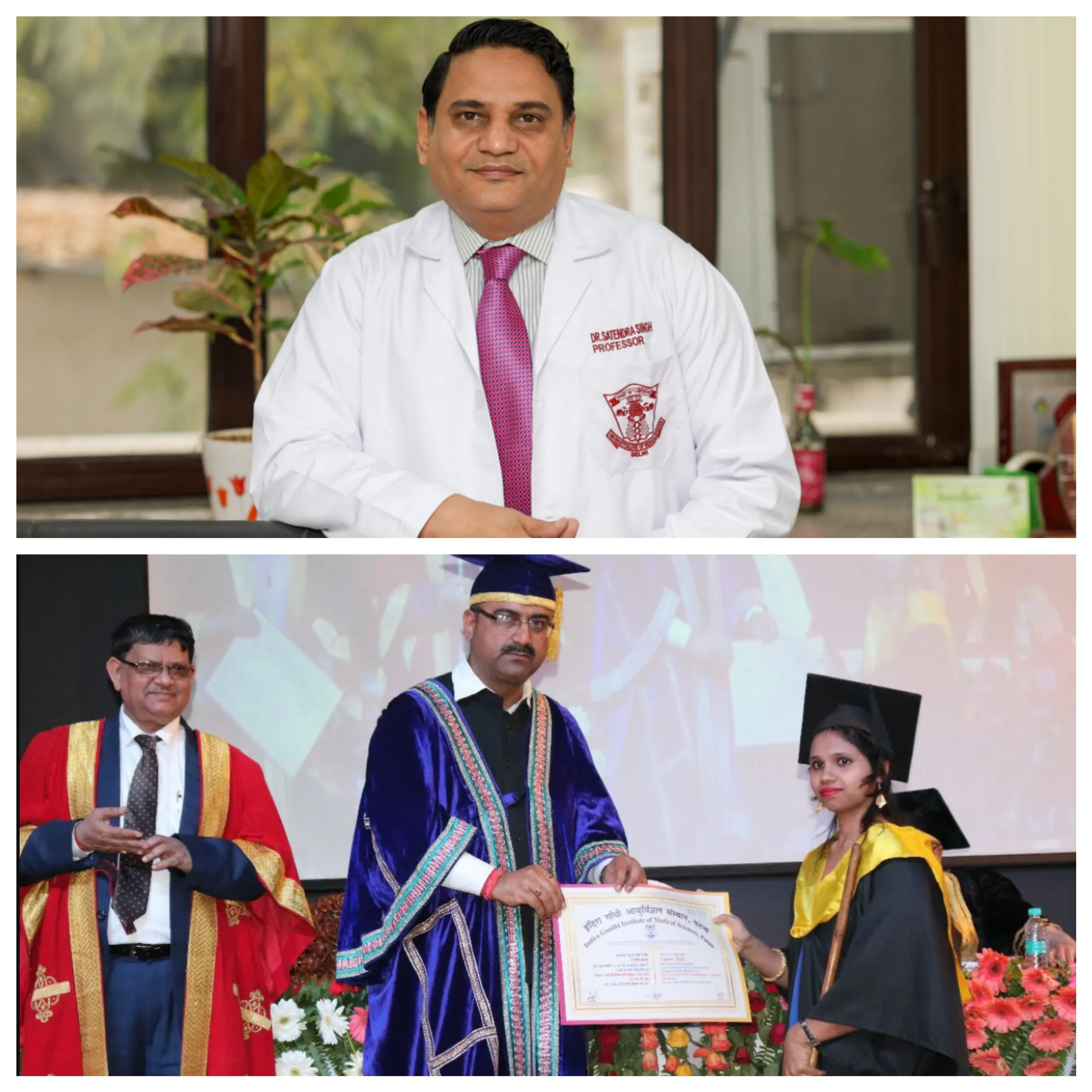
Overcoming Doubt and Disrespect: The Double Disadvantage Faced by Disabled Female Doctors

In May of last year, Dr. Anjani Bala was approached by a distressed couple seeking help for their newborn who was struggling to breathe. Their obstetrician had referred them to Dr. Bala, a pediatrician in Daltonganj, eastern India. However, as Dr. Bala approached the infant, the parents hesitated. They noticed her heavy limp and the metal calipers supporting her legs, leading the father to question her ability to treat their child. “Should we go to that male doctor nearby?” he asked his wife.
Undeterred, Dr. Bala reassured the parents: “Try me once. I know what the problem is, and I promise that with my treatment, your baby will improve within 24 hours.” True to her word, the baby made a full recovery, and the parents decided then that Dr. Bala would be their pediatrician for all future children. However, this experience is not uncommon for Dr. Bala. Many patients doubt her expertise due to her disability, with some openly expressing their skepticism, while others simply walk away in search of a physician without a physical impairment—often preferring a male doctor.
Dr. Bala’s journey to becoming a respected pediatrician has been fraught with challenges. As a woman with a disability, she constantly has to prove herself. Born with a disability caused by polio, she became the first in her family to study medicine in 2012. However, her medical school, like many public spaces in India, lacked accessibility, making it difficult for her to attend classes on time. Despite excelling academically with the support of her teachers, she faced numerous humiliations and obstacles, including a hostile disability assessment process that questioned her eligibility to pursue medicine.
Dr. Bala’s experience is not unique. Dr. Satendra Singh, head of Doctors with Disabilities: Agents of Change, explains that many qualified candidates are screened out by disability assessment centers, which often lack disabled professionals making decisions. Although recent changes have mandated the inclusion of disabled doctors in assessment centers, the representation of disabled doctors in India remains low.

The challenges are compounded for women with disabilities. A 2023 policy report by Women in Global Health revealed that while women make up 70% of the global healthcare workforce, they hold only 25% of senior leadership roles. Biases against women with disabilities, such as assumptions about their fragility and reduced stamina, further hinder their professional and academic growth. Discrimination also extends to hiring practices, with employers fearing increased costs associated with providing access and managing maternity leave.
Dr. Seema Kumar, another pediatrician, faced similar challenges after surviving a near-fatal accident in 2013 that left her paralyzed. Returning to work in a wheelchair, she was initially given lighter duties, but soon faced doubts from colleagues about her capabilities. Determined to prove herself, Dr. Kumar took on a full workload, gradually earning the trust and respect of her peers. However, it took years for her employers to provide for her needs at work, and she continues to face intrusive questions during job interviews that focus on her disability rather than her qualifications.
Despite these challenges, both Dr. Bala and Dr. Kumar have developed strategies to navigate the system and command respect. Dr. Bala, for example, has fought for her rights, including maternity leave, while maintaining a sense of humor in dealing with patients who question her authority. Dr. Kumar, on the other hand, has become stronger over the years, conducting herself with confidence to gain the respect she deserves.
Change is possible, as Dr. Singh believes, through awareness campaigns showcasing the achievements of women with disabilities and involving them in decision-making processes. While progress may be slow, Dr. Bala and Dr. Kumar continue to challenge stereotypes and pave the way for future generations of disabled female doctors in India.






